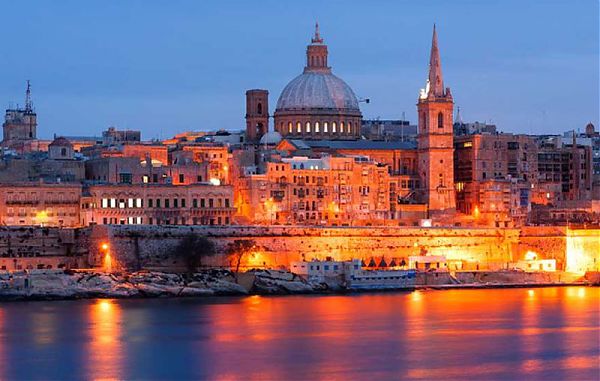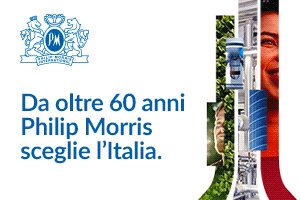2019 will be a year full of important events for the Maltese political scene. The elections scheduled between April and May will be the main course: renewal of the European Parliament, renewal of local councils and election of the President of the Republic.
The European elections will take place on the archipelago on Sunday 25 May, together with the administrative ones. Malta will elect six European parliamentarians (MEPs) and it is very likely that the two main parties, the Labour Party (PL) and the Nationalist Party (PN) will be the only parties to be represented in Strasbourg, leaving only the crumbs to the remaining political groupings.
PL and PN approach the electoral test in diametrically opposite conditions. The government party comes from a series of electoral successes that began in 2013, when Joseph Muscat led the PL to a clear victory, bringing Labour back to the country’s government after almost three decades in which the “reds” had ruled for only two years. Opposite trend for the nationalist party, which has instead faced a series of electoral failures starting from the 2013 general elections, and which is approaching the electoral appointment tormented by internal problems that are shaking the chairmanship of Adrian Delia, leader of the opposition in parliament.
The polls published by local media predict that the scenario will not change in 2019, and that therefore the next elections will confirm the current political scenario: Labour with the wind in its sails and the nationalists struggling to reverse a situation of a clear minority they were no longer used to.
Political confrontation will not be limited to the electoral battle. On the horizon there is also the nomination of the new President of the Republic. The mandate of Marie Louise Coleiro Preca, appointed President in April 2014, will end in just over two months and it is still unclear who will be hes successor. Local news sources indicate George Vella, a long-standing Maltese politician, as the favorite for succession. A doctor by profession, he has served twice as Minister of Foreign Affairs and was Deputy Prime Minister in the period 1996-1998, during the time of the labour government led by Alfred Sant.
In recent months the local press has mentioned, among the possible successors of Coleiro Preca, also Evarist Bartolo, current Minister of Education, Helena Dalli, current Minister for European Affairs, and Louis Grech, former Minister for European Affairs and now advisor of the Government. Two figures linked to the Nationalist Party have been added to this group: Louis Galea, former president of the Parliament and now a member of the European Court of Auditors, and Tonio Borg, former deputy prime minister and former minister of foreign affairs.
These two events will be crucial steps for the Maltese political scenario, because they will have consequences on the internal dynamics of both parties. But while the Nationalist Party will have to reflect on the election results and on the appointment of the new President of the Republic immediately, and handle a change in leadership that risks of being particularly complicated and politically dangerous, the Labour Party will be in a position to manage the transition with no hurry. Prime Minister Joseph Muscat has indeed stated on several occasions his intention not to run for a third term.
(ITALPRESS/MNA)













